Graham Reid | | 4 min read
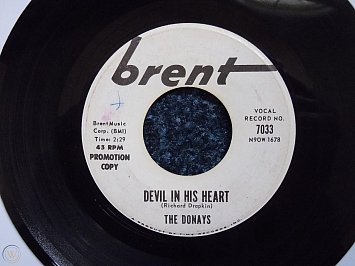
On the cover of the 1986 Rhino compilation Beatle Originals; Original Versions of the Songs the Beatles Made Famous there are photos of the usual suspects: Little Richard (with Kansas City/Hey Hey Hey), the Shirelles (Boys), Buck Owens (Act Naturally), Larry Williams (Dizzy Miss Lizzy, Bad Boy, Slow Down), Arthur Alexander (Anna) and so on.
Conspicuous by their absence in photographs (and wrongly written up in the liner notes) are the Donays.
This girl group of the early Sixties were not just short-lived but short-changed.
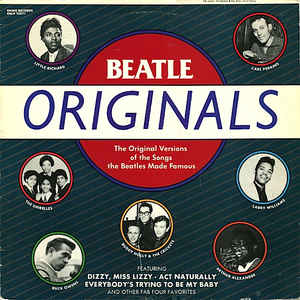 Even today there seems to be just one verifiable photos of them, and another which is dubious.
Even today there seems to be just one verifiable photos of them, and another which is dubious.
On the back of Beatle Originals they are described as a “presumably Los Angeles-based girl group trying so hard to capture the Shirelles' Jersey bounce that you can almost hear the bra-straps busting in the background”.
Well, maybe but . . .
So who were these Donays whose sole single Bad Boy b/w (There's a) Devil in His Heart sold only a few hundred copies and was barely played on radio?
They had already broken up when their b-side with a gender flip appeared on With the Beatles sung by George Harrison, although Stateside it wasn't on the cobbled together Meet the Beatles in a similar cover.
It did however appear on the equally track-shuffled (but rather good) collection The Beatles Second Album.
The Beatles had played it in Hamburg and on BBC sessions before they recorded it, which raises another question: how did they even hear this song in the first place?
First: the Donays.
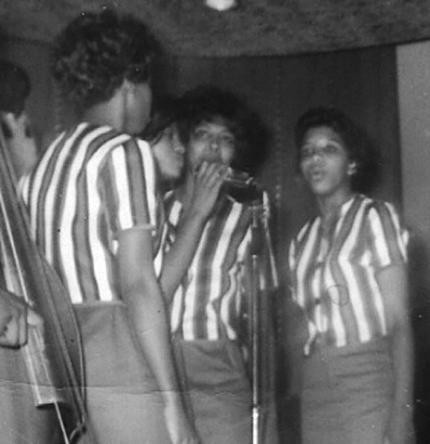 They weren't from Los Angeles as Don Waller, author of The Motown Story, had it in those Rhino liner notes.
They weren't from Los Angeles as Don Waller, author of The Motown Story, had it in those Rhino liner notes.
Ironically, they were from his hometown of Detroit and according to the group's lead singer Yvonne Allen their Bad Boy single sold reasonably well in Michigan.
The group was Allen, Michelle Ray and sisters Janice and Amy Gwenn.
In his book The Beatles' Second Album, the usually reliable Dave Marsh discerns the sound of moonlighting Motown Funk Brothers as the backing band, identifiably drummer Benny Benjamin and bassist James Jamerson (the latter a friend of the songs' producer Richard Wylie).
The song is attributed to Richard Drapkin (aka Ricky Dee for stage purposes)
It had been released on the tiny Oriole label in '62 and seems to have been picked up by Brent Records out of New York (not LA as the unreliable Waller wrote in those liner notes) but even that hardly explains how the Beatles first heard it.
Received wisdom and speculation says a copy of the record ended up in Liverpool, carried there by a seaman who may have sold it to Harrison or some other young Beatle.
Maybe they shoplifted a copy? Maybe . . .
What we do know is the Donays would have disappeared into history as a small footnote on the basis of the minor league Bad Boy (not the same as the Larry Williams' song which the Beatles covered) but somehow the Beatles heard the flip side and took to it.
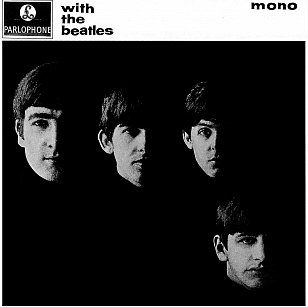 Within weeks of them recording it July '63 it was being heard by millions.
Within weeks of them recording it July '63 it was being heard by millions.
The original is a great version for its period: Bob Dylan famously said on his Theme Time Radio Hour, “The Donays only made one record. You only have to make one if it's this good”.
The Beatles' version is somewhat lesser but rather different in that the female backing vocals which were at a distance in the original are much prominent in their treatment.
In fact Lennon and McCartney's part almost overwhelms Harrison's opening lines where he establishes the theme.
It becomes much more of a dialogue in the Beatles' treatment than the echoed voices of conscience-friends in the Donays.
Lennon-McCartney: “She's got the devil in her heart”
Harrison: “But her eyes they tantalize” (which even now hear as “what a likely kinda lie”)
Lennon-McCartney: “She's gonna tear your heart apart”
Harrison: “Oh, her lips they really thrill me” (Or, as I heard it, “Oh this'll really thrill me”, Harrison assertively believing he is right!)
You can hear why it would have appealed to them however, it's a decent showcase for Harrison's narrower range and he goes from assurance to doubt in the final minute.
It also played into the Beatles' love of black soul which allowed for their call-response possibilities.
It also has some very clever internal rhymes: “ I'll take my chances, for romance is so important to me”.
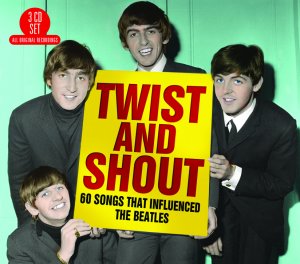 It's not the finest cover the Beatles ever did, but it is certainly from the most obscure and mysterious source.
It's not the finest cover the Beatles ever did, but it is certainly from the most obscure and mysterious source.
It doesn't get included on a Mojo compilation Songs the Beatles Taught Us or even the triple CD set Twist and Shout: 60 Songs That Influenced the Beatles.
Very much a one-off for the Donays and the Beatles.
The Donays have fewer exiting photos than Robert Johnson (who also wrote about the devil) and only time – or maybe the next installment of Mark Lewisohn's assiduously researched biography of the Beatles – will tell us more about the disappearing Donays . . . and how a young band on the other side of the Atlantic heard the b-side of an obscure single.
And that's why we need to talk about the Donays.
.
For other articles in the series of strange, marginal or different characters in music, WE NEED TO TALK ABOUT . . . go here.
.

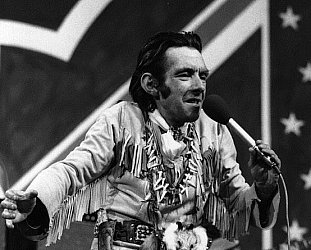
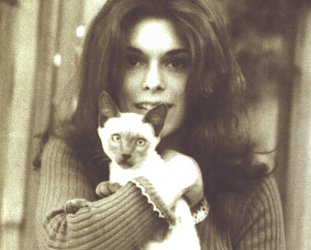

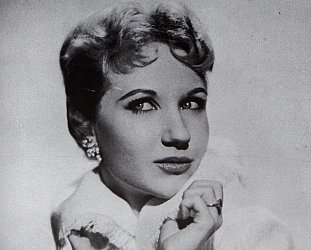
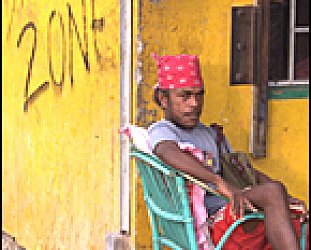

Graham Dunster - Mar 1, 2021
Nice sleuthing. I have both these tracks on compilation cds, 'Bad Boy' on The Forgotten 45s 1960-1962 (Fantastic Voyage) and "Devil In His Heart' on Silver Disc; 25 Years Of Ace (Ace) so it seems everything is out there somewhere!
SaveRosco - Mar 2, 2021
The perfect example of why every amateur musicologist should be an avid reader of Elsewhere!
Savepost a comment